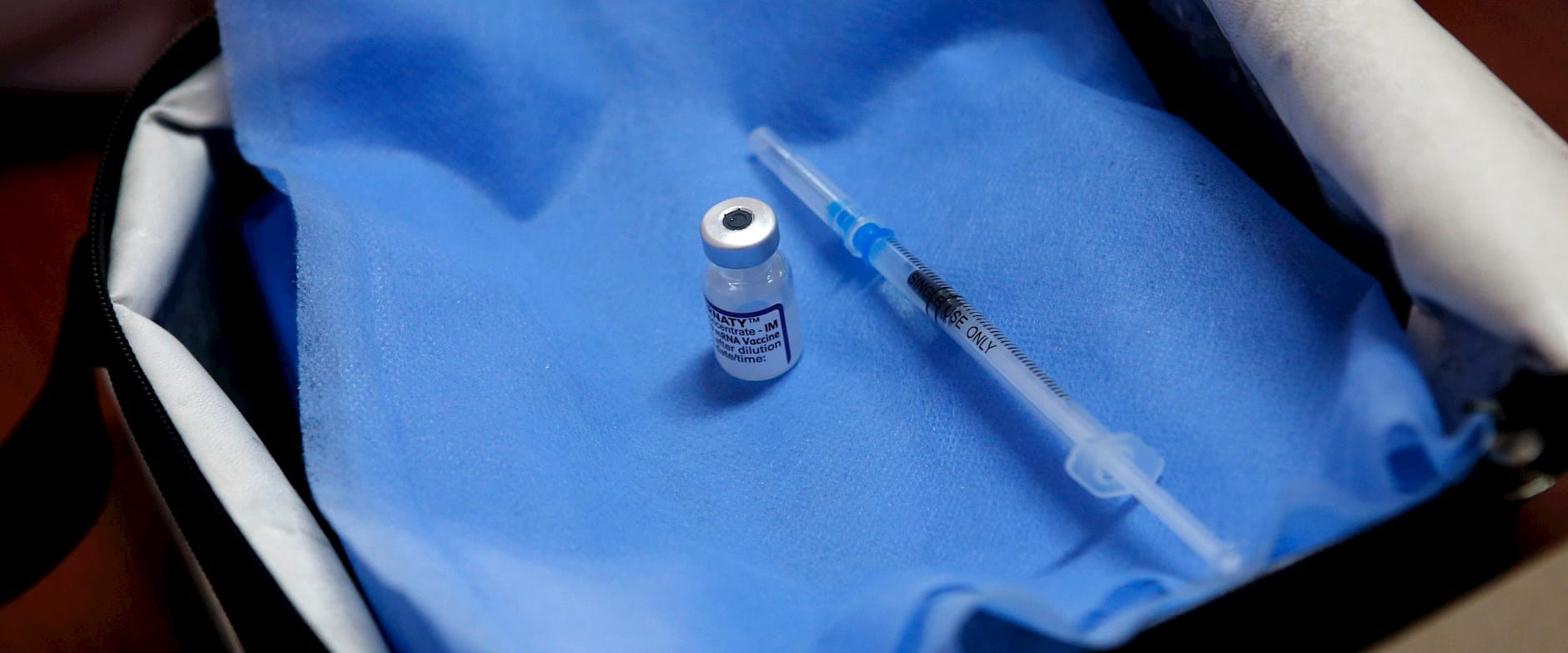Increasing vaccination rates is crucial to beating the COVID-19 pandemic, public-health authorities worldwide agree. Yet even wealthy countries with optimal access to vaccines have had a hard time getting more than 70 percent of their populations inoculated.
Would paying people help? This idea has been kicked around all over the world, from Krispy Kreme’s US offer of a free doughnut with proof of vaccination to $100 gift cards, free tickets to sporting events, $1 million lotteries, and full college scholarships.
It turns out that paying people even a modest financial reward can motivate them to get the shot, according to a team of researchers including Chicago Booth’s Devin G. Pope, who performed a randomized controlled trial to measure the effects of payment on vaccination rates.
Conducted in Sweden from May to July, the study recruited close to 8,300 participants aged 18–49 from an online panel created by survey company Norstat. Each of the participants received a survey as soon as their age cohort was eligible for vaccination. The survey randomized participants into several groups including a control group, one offered an incentive, and others subject to various treatments including behavioral “nudges.”
The incentives group was offered 200 Swedish kronor, or about $24, if they got vaccinated within 30 days of gaining eligibility. The researchers used data from administrative records to confirm whether participants were vaccinated.
Recommended Reading
They find that the cash increased vaccination rates by 4 percentage points, to 76 percent for those in the incentives group compared with 72 percent in the control group. The researchers note that the 72 percent baseline was similar to rates in other EU countries, so the findings suggest that a small incentive can work even in countries with high vaccination rates. One limitation they acknowledge is that they tested only the one amount, while companies and governments have discussed payments ranging from less than $1 in Philadelphia to €25 (about $30) in Serbia to $100 in New York.
The research demonstrates that while people with higher socioeconomic and educational status were most likely to get vaccinated, the monetary incentives increased inoculation rates among all participants in the incentives group, regardless of background.
The trial also studied the effect of nudges on participants in three of the test groups. For example, subjects in one group were asked to make a list of people in their lives who would benefit from the participant being vaccinated, and in another, to take a quiz detailing the benefits of COVID-19 vaccines. The researchers find that such nudges increased participants’ intention to get vaccinated but had no meaningful effect on actual vaccination rates.
The researchers acknowledge that paying people to get vaccinated could have potential downsides, such as giving the impression that vaccines are not desirable or lessening the motivation to be inoculated for the public good rather than for financial benefit. But the study does suggest that guaranteed incentives can indeed increase vaccination rates.
Pol Campos-Mercade, Armando N. Meier, Florian H. Schneider, Stephan Meier, Devin G. Pope, and Erik Wengström, “Monetary Incentives Increase COVID-19 Vaccinations,” Science, October 2021.
Your Privacy
We want to demonstrate our commitment to your privacy. Please review Chicago Booth's privacy notice, which provides information explaining how and why we collect particular information when you visit our website.
